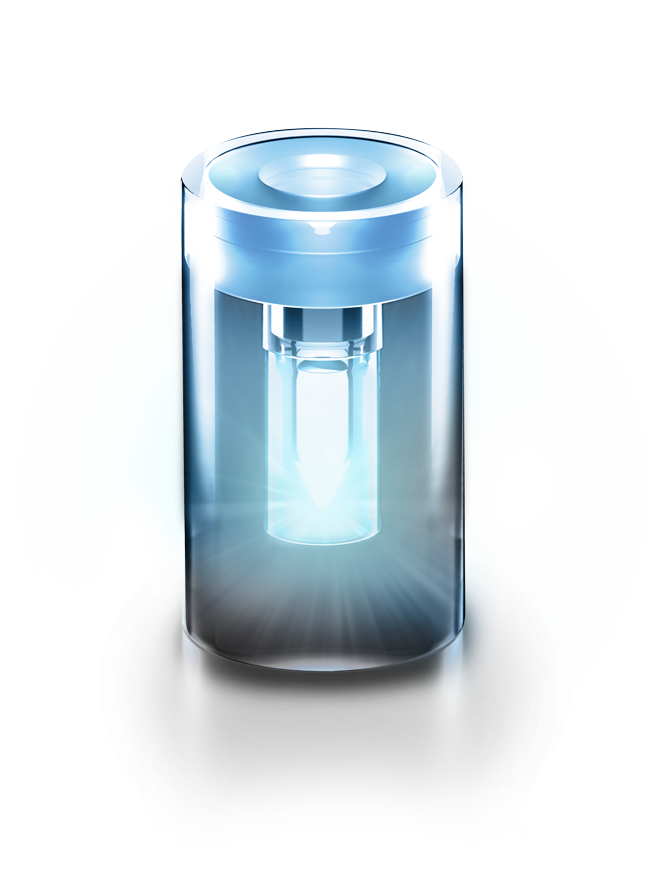Durability leads to better patient quality of life
TheraSphere Y-90 glass microspheres deliver durable patient outcomes and reproducible results to you and your multi-disciplinary team, while also preserving patient quality of life.
- Clinical data since 1999 shows TheraSphere is a proven, evidence-based therapy across different HCC stages, with more than 100,000 patient treatments globally. Watch the evolution of TheraSphere data.
- With clinical studies enrolling more than 2,000 patients worldwide, TheraSphere has demonstrated success in providing patients more options with longer time to progression and better quality of life.
Reproducible results backed by Dosimetry Steering Committee recommendations
Key updates from an international multidisciplinary working group provide dosing recommendations based on contemporary clinical data, including results from TheraSphere landmark studies LEGACY, TARGET and DOSISPHERE-01 Trial.


